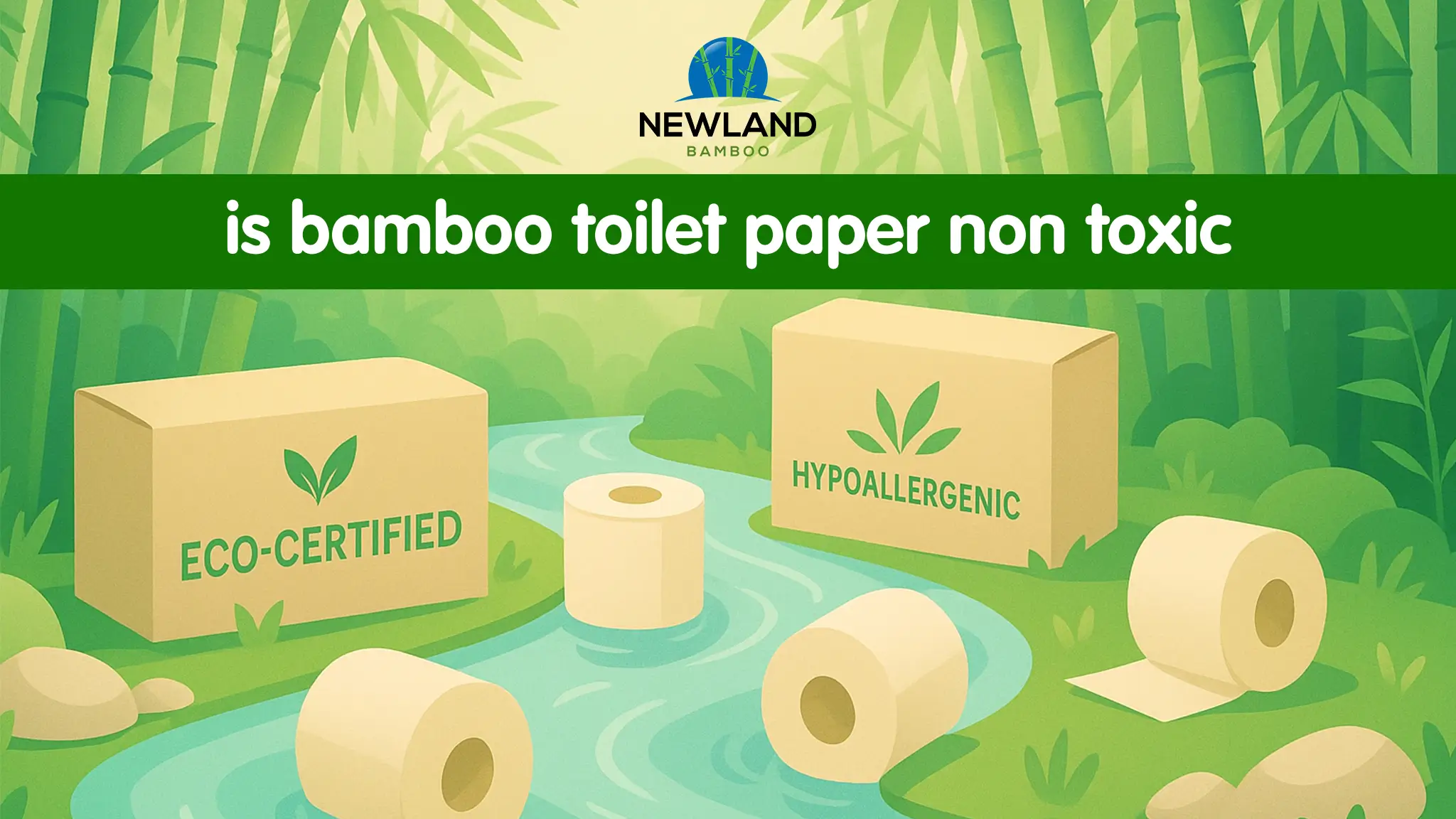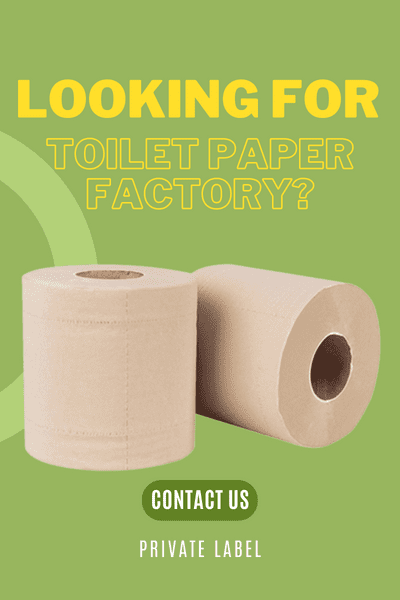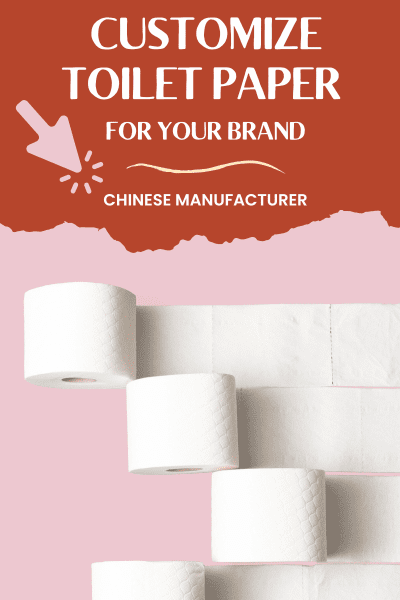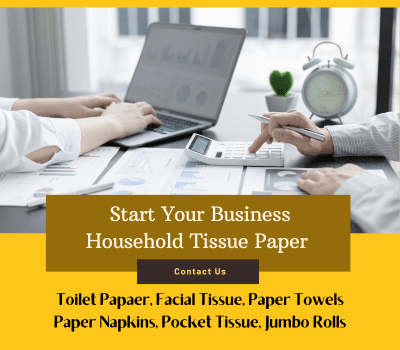Is Bamboo Toilet Paper Non-Toxic?
Yes, most bamboo toilet paper is non-toxic because it is made without chlorine bleach, BPA, synthetic fragrance, or dyes. Unlike traditional toilet paper, high-quality bamboo alternatives are processed using safer, eco-friendly methods, making them a better choice for sensitive skin and sustainable living.
Bamboo toilet paper is often marketed as a healthier, more sustainable option—but is it truly non-toxic? In short, yes, most bamboo toilet paper is non-toxic because it is free from harmful chemicals like chlorine bleach, BPA, dyes, and artificial fragrance. However, not all brands are created equal. This guide will help you understand what makes bamboo toilet paper safe and how to choose the right one.
Watch: A breakdown of why traditional toilet paper may be toxic—and how bamboo alternatives compare.
Why Are People Worried About Toxins in Toilet Paper?
Most traditional toilet paper is made from wood pulp and treated with chemicals that improve texture and appearance. But these treatments come at a cost:
- Chlorine-based bleaching: Used to whiten paper, it can leave behind dioxins—linked to cancer and hormone disruption.
- BPA (Bisphenol-A): Sometimes present in recycled toilet paper.
- Dyes and perfumes: Often added for visual or scent appeal, but can irritate sensitive skin.
As awareness grows, consumers are turning to bamboo toilet paper in search of a safer, cleaner option.
What Makes Bamboo Toilet Paper Non-Toxic?
Not all bamboo toilet paper is automatically non-toxic, but many brands go the extra mile to avoid harsh chemicals. Here’s how it differs:
| Ingredient | Traditional TP | Bamboo TP (Quality Brand) |
|---|---|---|
| Bleaching | Chlorine-based | TCF or unbleached |
| Fragrance | Synthetic | Unscented |
| Dyes | Often used | Usually avoided |
| 材料 | Wood pulp | Renewable bamboo |
Look for labels like:
- TCF (Totally Chlorine Free)
- BPA-free
- Fragrance-free / Dye-free
- FSC-certified bamboo
Is All Bamboo Toilet Paper Safe?
Not always. Some brands use bleached bamboo pulp or mix in wood fiber without clearly stating it. Others market their product as “green” but still include dyes or artificial scents. Here’s how to avoid greenwashing:
- Check ingredient disclosures
- Look for third-party certifications (FSC, BPI, OEKO-TEX)
- Be cautious with overly white or scented rolls
Brands that offer transparency and publish testing or sourcing info are more trustworthy.
What to Look for When Buying Non-Toxic Bamboo Toilet Paper
If you want to ensure you’re choosing a truly safe and non-toxic product, pay attention to these details:
- Labeling: TCF, BPA-free, fragrance-free
- Certifications: FSC (sustainable forestry), BPI (compostability), OEKO-TEX (chemical safety)
- 包装: Avoid plastic wrap when possible
- Origin: Is the bamboo responsibly harvested? Is it virgin or recycled pulp?
Is Bamboo Toilet Paper Good for Sensitive Skin?
Yes, many users with eczema, allergies, or sensitive skin report fewer reactions when using unbleached, non-toxic bamboo paper. It tends to be:
- Softer and less abrasive
- Hypoallergenic
- Free from harsh dyes or fragrance
However, always patch-test a new brand if you have skin concerns.
Conclusion: Yes, But Read the Label
Bamboo toilet paper can be non-toxic, but only if the manufacturer avoids harsh chemicals and commits to transparency. As with any hygiene product, ingredient scrutiny is key.
Look for:
- TCF or unbleached pulp
- No fragrance or dye
- Third-party certifications
When in doubt, contact the brand and ask questions. A truly non-toxic product should have nothing to hide.
常见问题
-
Is bamboo toilet paper chemical-free?
Most quality bamboo toilet paper is free from chlorine bleach, artificial fragrance, and dyes, but always check the label.
-
Can bamboo toilet paper irritate skin?
Bamboo toilet paper is typically hypoallergenic and suitable for sensitive skin, especially if it’s unscented and unbleached.
-
Is bamboo TP better than recycled paper?
Yes, because recycled paper can contain BPA from printed materials, while bamboo pulp is cleaner and renewable.
-
What certifications should I look for?
FSC, BPI, OEKO-TEX, and TCF labeling ensure sustainability and safety.
-
Does unbleached bamboo paper look different?
Yes, it may have a natural beige tone, indicating it hasn’t been chemically whitened.




